Re: Don’t Worry About Global Population Collapse
Bloomberg recently published a welcome voice of reason on the "baby bust" rhetoric. We responded with a letter to the editor which we are featuring here as Bloomberg did not…
Read More
Iceberg Lake trail in Glacier National Park. Photo c/o Catherine Knoop, member since 1987
Letter from John Seager, President & CEO
Hot on the heels of global population soaring past eight billion people in 2022, far too many business leaders, politicians, and media outlets fretted in 2023 over a so-called “birth dearth” plaguing our planet, despite the fact that no such phenomenon is occurring.
Population Connection counters these types of misleading narratives with the facts: The global population is projected to exceed 10 billion people in the next four decades. Our population at the end of the century could be as low as 9 billion or as high as 11.4 billion. The collective efforts we make now will determine our shared future.
With the activism and support of 40,000+ Population Connection members and supporters, as well as a volunteer network of 700+ educators in our Population Education program, we are informing the public, raising the alarm, and advocating for solutions to end the global population crisis.
With Population Education, we educate three million K-12 students a year, so that they understand the intersections between global population growth, climate change, biodiversity loss, water and food scarcity, gender inequality, and so much more. We’re planting the seed for the future, so that the next generation of environmental stewards grasp the role of population dynamics in so many of our global challenges.
At the same time, we advocate for dramatic increases in U.S. international family planning funding. We urge our federal policymakers to nearly triple annual aid—to $1.74 billion from our current $607.5 million—to expand access to critical reproductive health care programs abroad. Doing this would increase the number of women and couples served by over 60 million a year, and would avert an additional 20.3 million unintended pregnancies, 8.1 million unplanned births, 6.6 million unsafe abortions, and 35,000 maternal deaths.
With global population growing by about 70 million people a year, and 218 million women in the developing world expressing an unmet need for modern contraceptives, we haven’t a moment to lose.
And while some misguided voices gain more attention than they warrant, such as that of billionaire father-of-12 Elon Musk, we seek to lift the voices of those who do not have large platforms … those who work in some of the most vulnerable places around the world to expand access to reproductive health care and family planning options. While Musk sets his sights on colonizing Mars, using the children that he’s urging today’s couples to produce, less fortunate families in the developing world face a daily struggle to feed their children. It’s their voices, and those of health care providers working to serve them, that should attract our notice.
Through our Global Partners program, Population Connection is proud to support 19 small, local NGOs around the world that work in their own communities to improve life for those struggling the most. Staff at these organizations have an unrivaled ability to communicate the urgency of population stabilization to those of us in a position to help.
Melvine Ouyo, Population Connection board member and Founder and Executive Director of Hope for Kenya Slum Adolescents Initiative (HKSAI), a Global Partner, said:
“We should be concerned about rapid population growth, not least because it reflects deep gender inequalities. Through my work, I encounter girls and women throughout East Africa who have been impacted by early and forced marriage, gender-based violence, and lack of education. I have witnessed first-hand how lending them a helping hand can turn their lives around, which also generates benefits for their families and entire communities. Increasing investment in international family planning and women’s empowerment programs is an incredibly powerful, cost-effective sustainable development intervention.”
Through our Virtual Events, we share stories and inspiration from our Global Partners with members and supporters, to encourage us all onwards in our fight to stabilize global population through the full empowerment of women and girls. It will take every single one of us … and more … to tackle such a monumental problem.
With thanks to YOU and our many other supporters, we can prevail. Read on to learn more about our work and progress last year. And, as always, I invite you to contact me personally with any questions or feedback at jseager@popconnect.org.
Sincerely,
John Seager
President & CEO
Our Population Education (PopEd) program is leading the way in educating the next generation of parents, voters, activists, and policymakers to think critically about how population trends relate to global issues. This program provides resources such as lesson plans, recommended readings, and professional development training for K-12 educators.
In 2023, our Population Education team facilitated over 550 workshops across 44 states and six Canadian provinces! The program supported over 50,000 educators with tools to help an estimated 3 million students learn about human geography, natural resources, environmental challenges, and how to promote human well-being at home and around the globe.
Now in its 13th year, our World of 8 Billion Student Video Contest continues to challenge middle and high school students to examine how population trends influence global issues. In a one-minute video, participants give an overview of one of the year’s chosen topics and provide a thoughtful solution for improvements. The 2022–2023 themes were climate change, gender equality, and waste.
See the winners and their videos
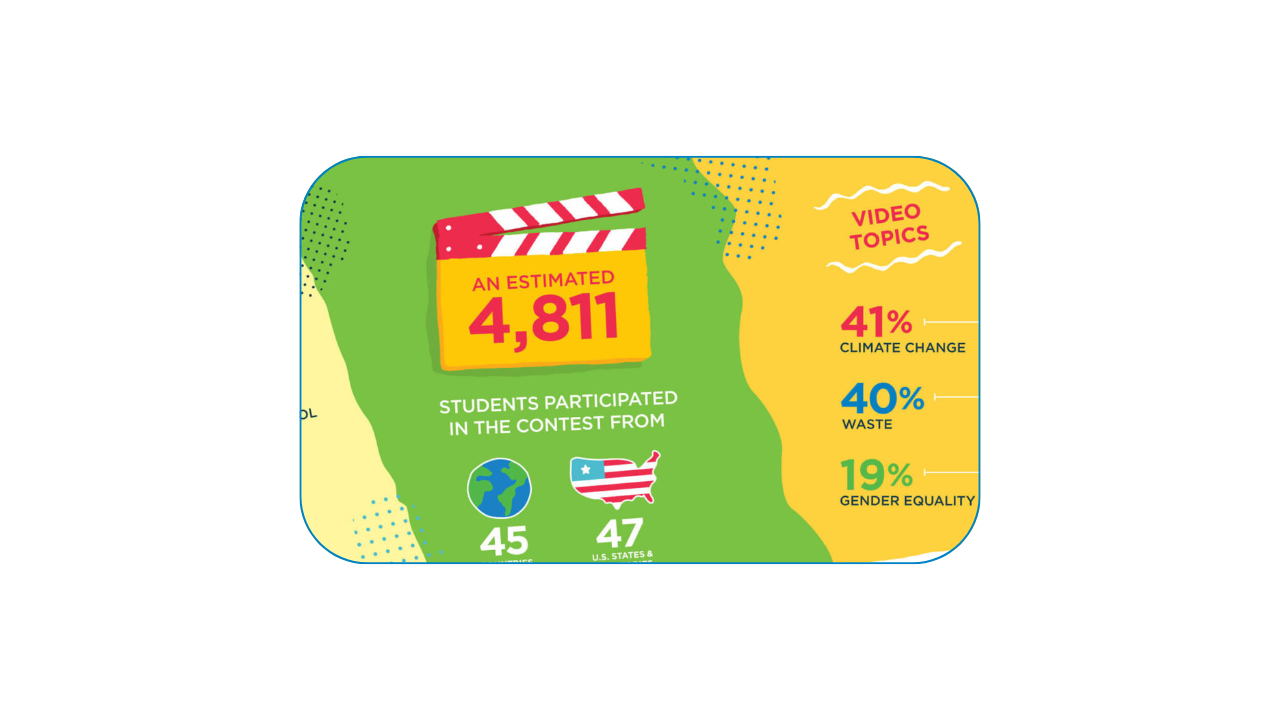
At Population Education Leadership Institutes, members of our volunteer trainers network come together for sessions that prepare them to lead workshops and webinars for formal and non-formal educators. Trainers are a key pillar in our work, conducting standards-aligned classroom activities that encourage participants to make connections between our human population and related environmental and social issues.
Events held in New Orleans and Seattle welcomed 39 new trainers to our incredible network. At a session in St. Louis, an additional 19 new educators completed training.
More about PopEd Leadership Institutes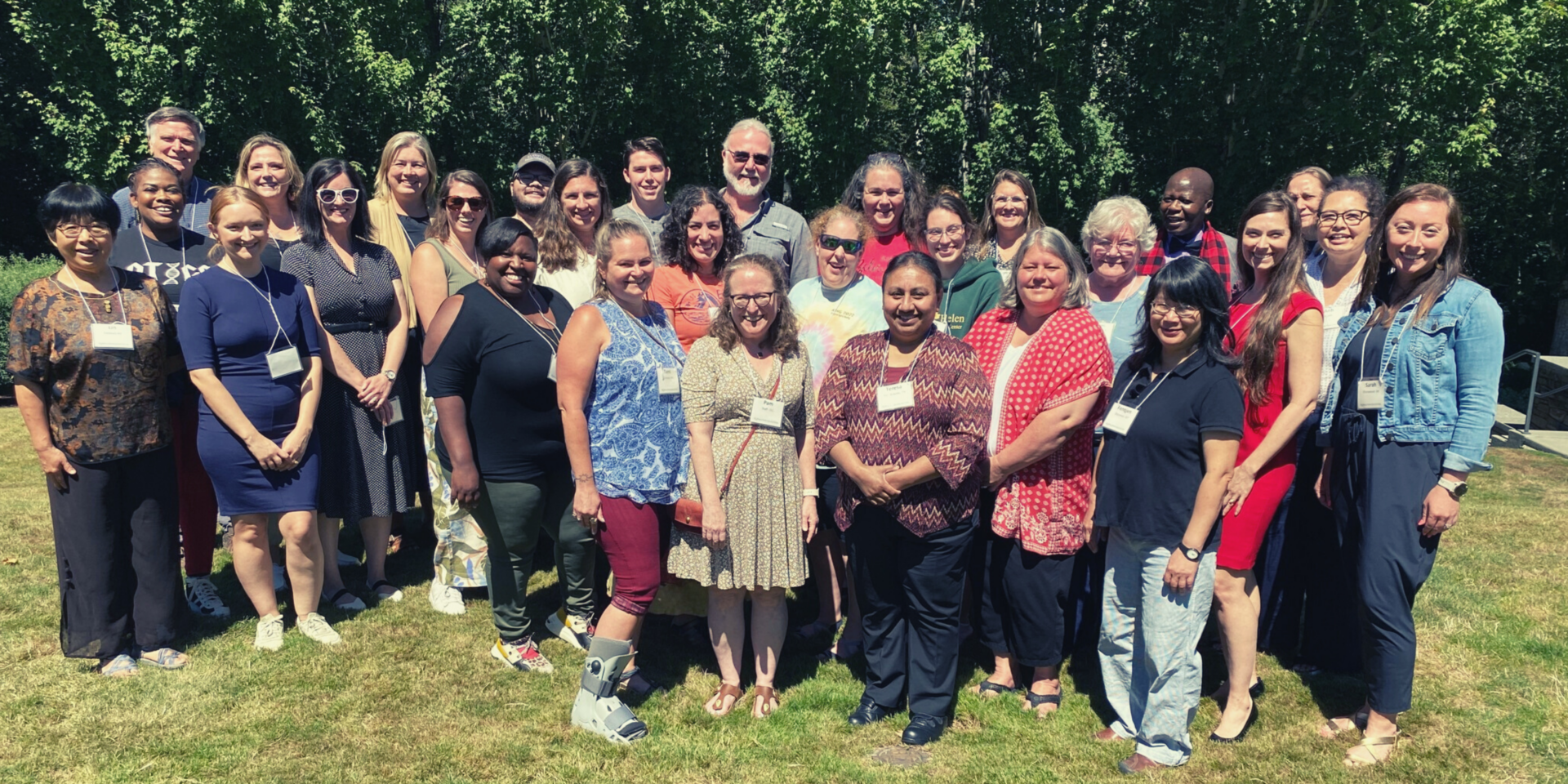
During the 2023 fall semester, Population Education offered a graduate course tailored for educators of grades 6-12 who teach Environmental Science, World Geography, Human Geography, Biology/Life Science, World History, or their AP equivalents.
Throughout this program, participants uncover student-centric learning strategies that utilize contemporary issues and real-world data to explore the impacts of human population trends and dynamics. Topics covered include global development, human quality of life, natural resources, and environmental sustainability. By participating, teachers gain access to a wealth of classroom-ready, standards-aligned activities and resources that can be seamlessly integrated into educational settings.
More about the graduate course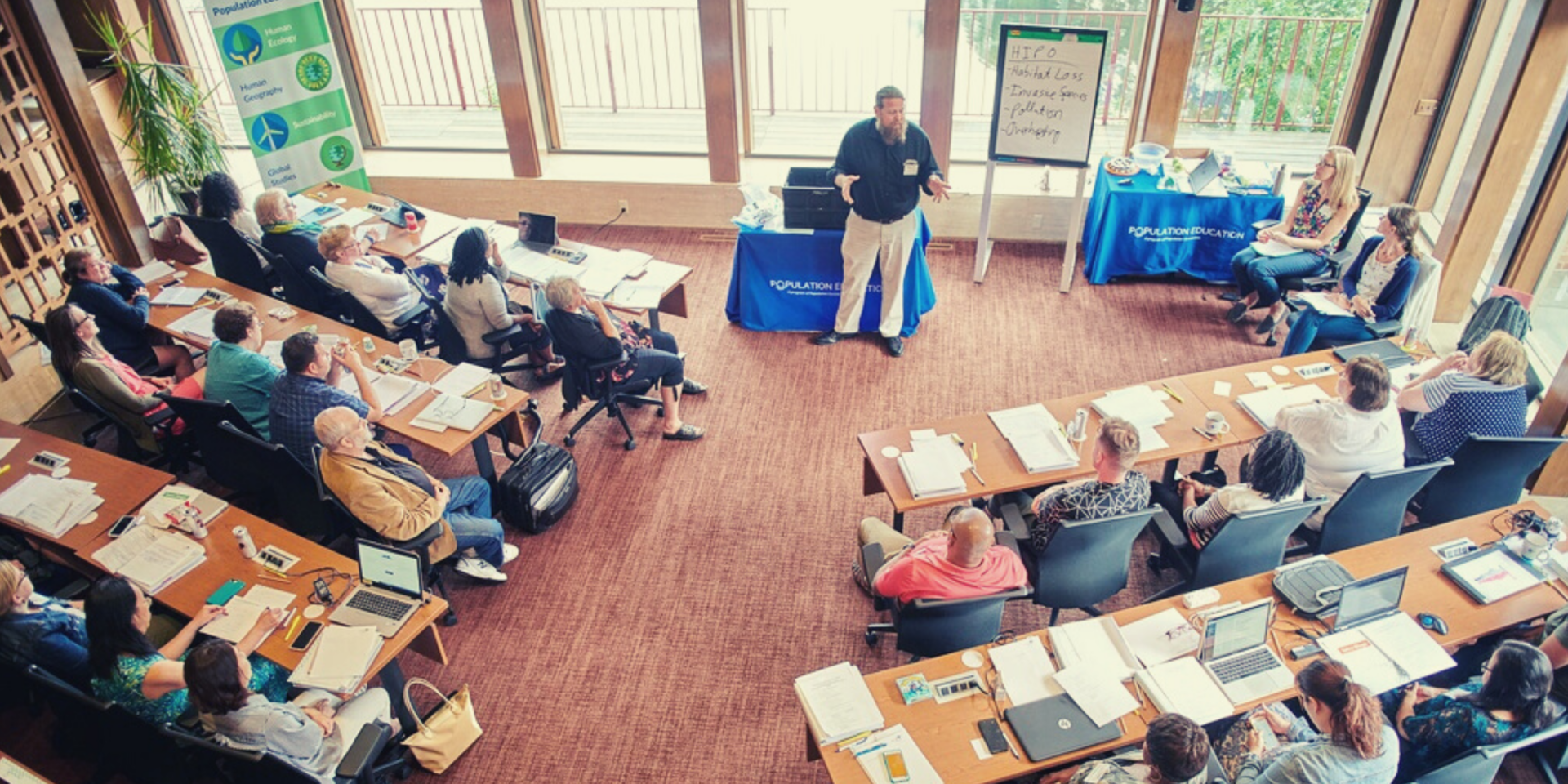
Established in 2020, our Population Studies for Higher Education Program has grown steadily, resonating with an expanding audience of college and university students and professors alike. Beyond engaging presentations, the program offers enriching academic resources such as downloadable information briefs, engaging slide decks, and curated reading lists tailored for higher education.
Our communications staff delivers insightful presentations to students across the nation at the request of their professors. These talks delve into the intricate relationships between population growth, reproductive health, social justice, and environmental sustainability.
In 2023, they virtually presented to nearly 80 college classes! After tuning in for one of our presentations, students will have deepened their understanding of the connections between population dynamics and global challenges.
Presentations to college-level students are integral to our education efforts, equipping the next generation of young professionals with the necessary knowledge to thoughtfully and effectively support rights-based interventions to slow population growth.
More about our higher education outreachBuilding on our reputation for delivering comprehensive, solution-oriented presentations, Senior Analyst Hannah Evans was invited to create and teach a pilot summer course for credit for students at the University of North Carolina at Greensboro. The course—World Population Problems—ran for five weeks and delved into the many connections between demographic trends and social and climate justice. Students especially enjoyed the carefully selected guest speakers—many of them leaders or staff at our Global Partner organizations!
With a justice-oriented approach, the lessons explored the multifaceted relationships between bodily autonomy, climate vulnerability, sustainable development, gender equality, planetary health, and women’s empowerment. The overarching goal of the course was to teach students the root causes and far-reaching consequences of global, regional, and local population growth.
Population data and trends are often portrayed in a misleading light in the media. Media outreach is an essential part of our mission, as we’re committed to providing a well-rounded perspective on crucial demographic issues and promptly addressing the misinterpretations and inaccuracies that frequently surface in news coverage. This year saw an uptick in articles lamenting a supposed “birth dearth” and warning of the economic and societal “dangers” of slowing birth rates.
Our Communications team responded rapidly to these headlines with op-eds, letters to the editor (LTEs), and press releases, providing a much-needed perspective on population issues grounded in reality, rather than fear-mongering, clickbait headlines.
In “Want to live to 150? The world needs more humans” (Ideas, April 2), Raiany Romanni makes the bizarre claim that we have an “emerging underpopulation crisis.” In fact, our global population is on track to exceed 10 billion in the next 40 years. If the belief that “more minds translate into better solutions” were true, then at 8 billion and counting, we surely would have solved humanity’s environmental crises by now. Instead, all of them, from climate change to resource depletion to biodiversity loss, are getting worse. …
Read the rest of the letter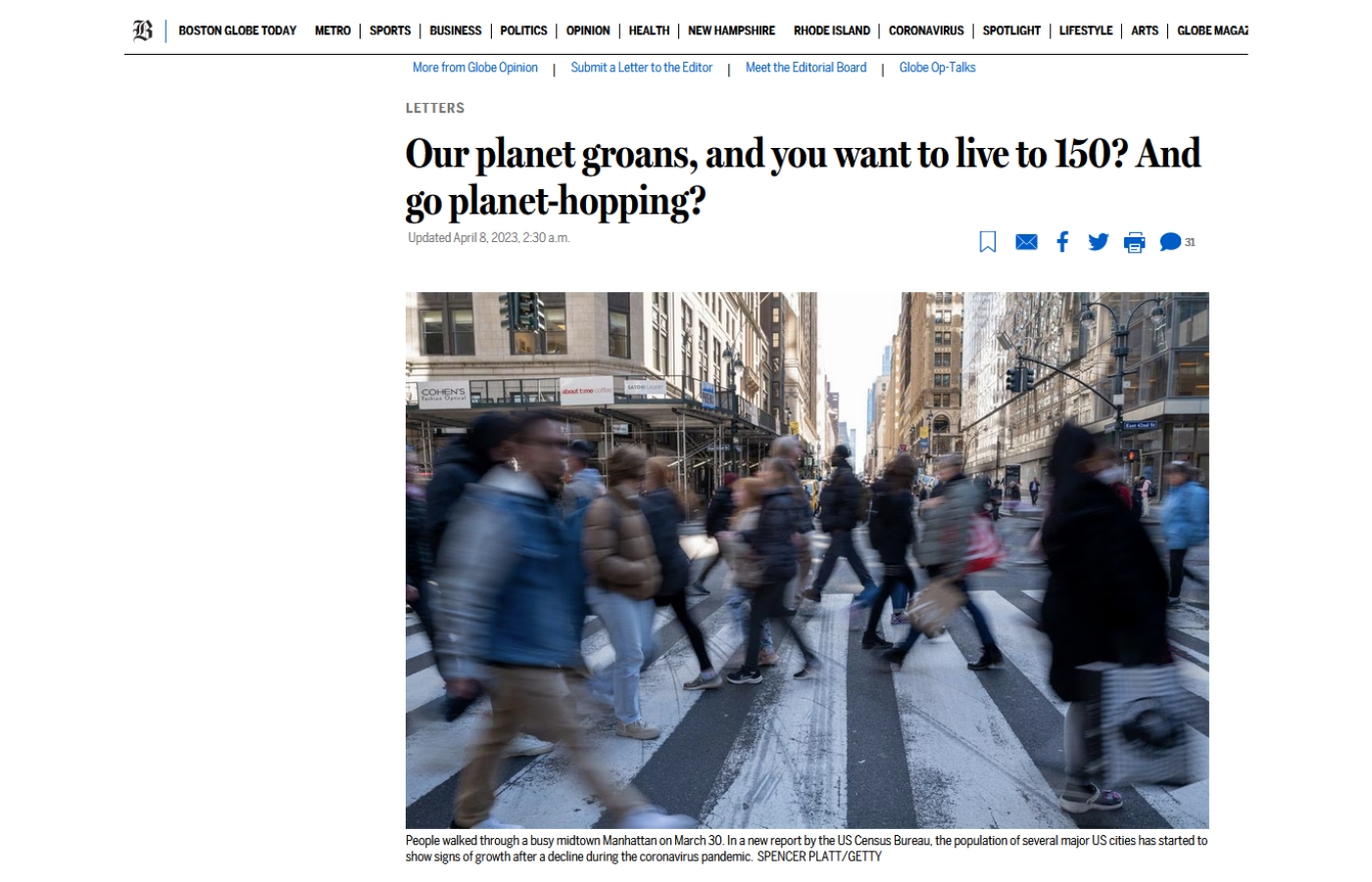
To the Editor:
Re “Shrinking Population in China Affects All” (news article, April 20):
No doubt, China’s shrinking population will create economic challenges that will require creative solutions. But aren’t economic challenges preferable to the environmental ones China would face if its population continued growing well past its current 1.4 billion? ….
Read the rest of the letter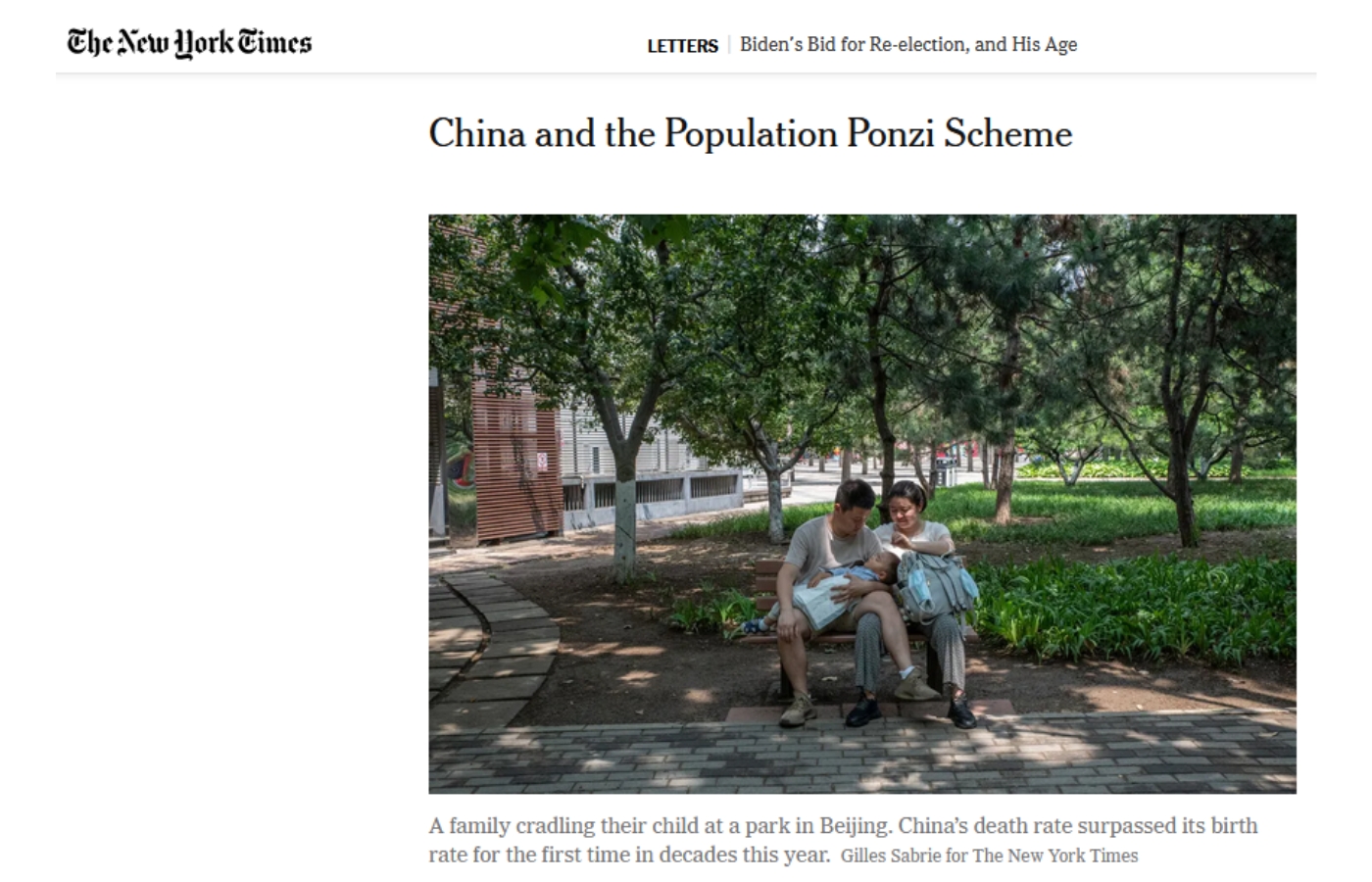
Population Connection President and CEO John Seager spoke to Bill Miller of Global Connections Television (GCTV) about the planet’s carrying capacity, why we should aim for quality over quantity in human well-being, and why empowering women and girls is key to a more sustainable future.
Watch on the GCTV website
The quarterly Population Connection magazine is a benefit of membership. Additionally, we send each issue to every member of Congress and to about 3,000 public and university libraries.
2023 magazine issues explored human-wildlife challenges in Uganda, deforestation in the Congo Basin, low fertility and aging in advanced economies, and the determinants and limitations of population projections.
Read 2023 issues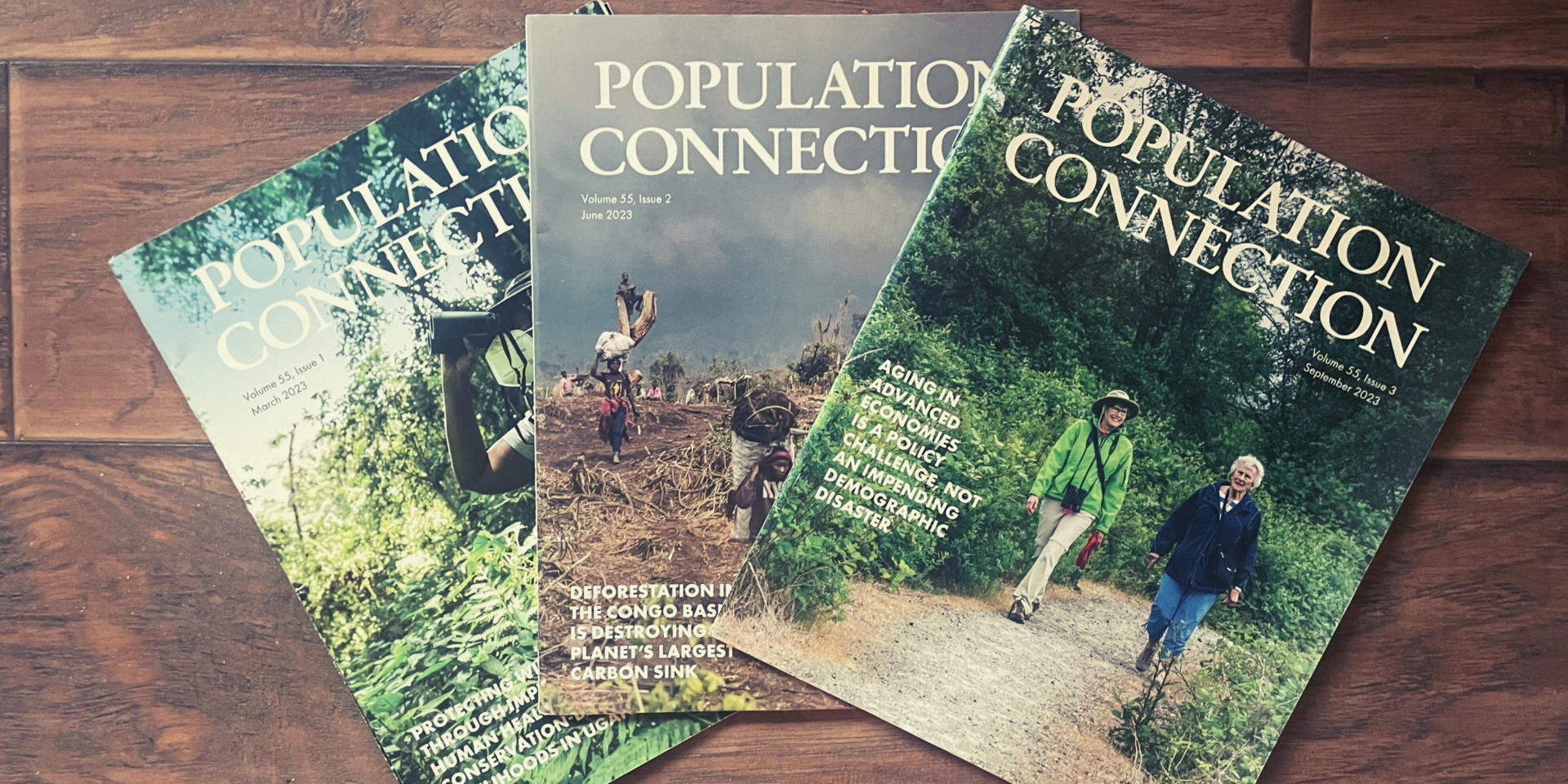
Since the overturning of Roe v. Wade in June 2022, abortion in over a dozen states has been heavily restricted or fully banned, with many more states still trying to curtail access. Some legislators are even trying to pass travel bans that prohibit pregnant people from crossing state lines to get abortions that are illegal in their own states.
At the global level, 257 million women want to prevent or delay pregnancy but have an unmet need for contraceptives. The current level of international family planning funding is billions of dollars below what’s needed to address this unmet need, with the United States alone under-investing by more than a billion dollars a year. Meanwhile, Congress still hasn’t passed the Global HER Act to permanently end the Global Gag Rule, and the Helms Amendment that prevents U.S. foreign aid from being used for abortion turned 50 in 2023.
That’s why our sister organization, Population Connection Action Fund, has relaunched the hard-hitting #Fight4HER campaign. This campaign is working in key communities to raise the alarm and ensure that voters and public officials understand that reproductive freedom is central to building a better, safer, healthier world.
More about the campaign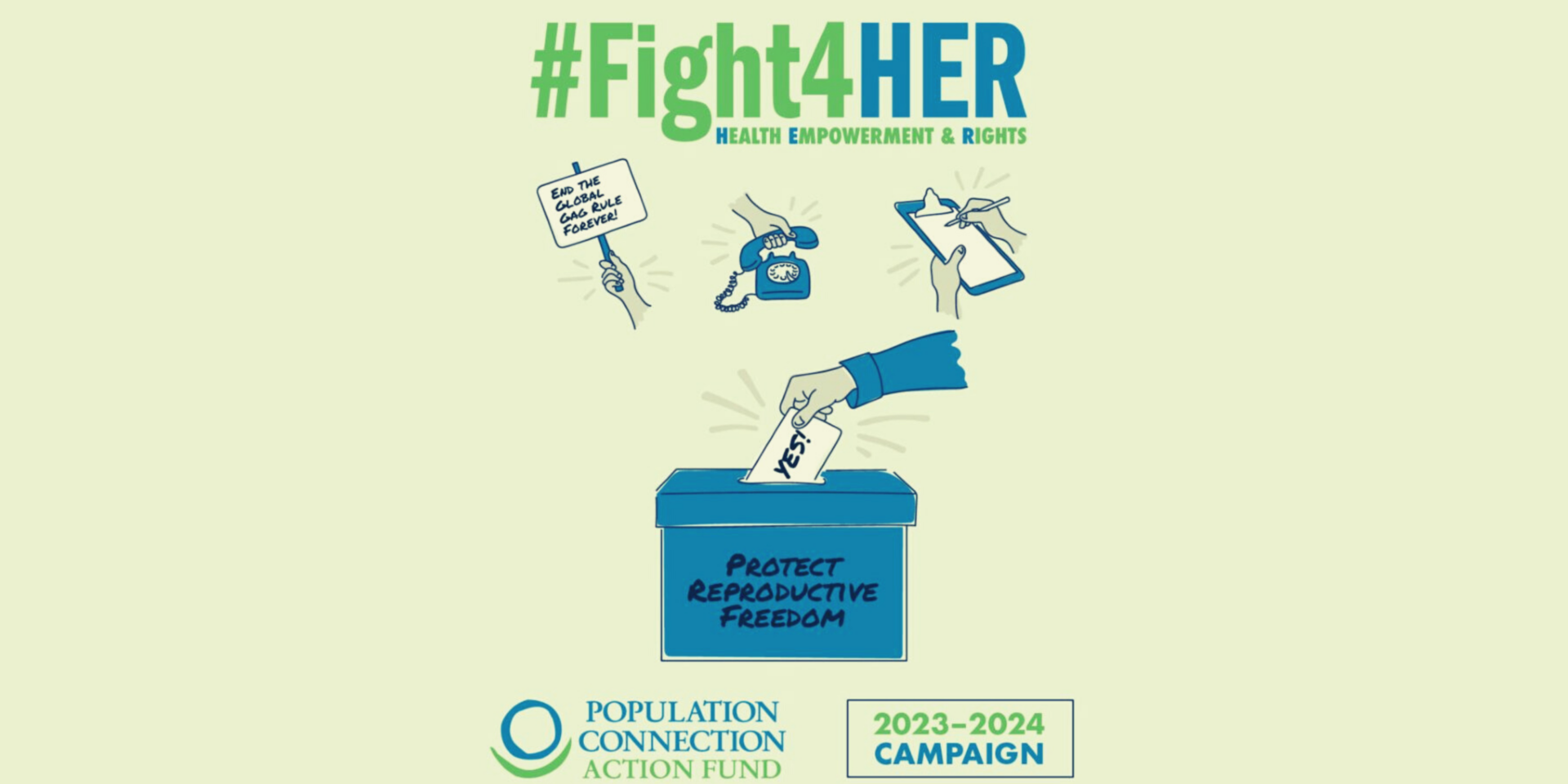
Each year, together with Population Connection Action Fund, we host our signature advocacy event, Capitol Hill Days. In 2023, we were thrilled to welcome a new group of passionate activists dedicated to advancing reproductive health and rights.
The engaging education sessions featured insightful discussions with health experts, interactive training workshops, and a trivia game! The sessions were an opportunity to learn about the latest developments in reproductive health and to foster connections among advocates with a shared commitment.
At the end of the event, activists attended meetings with their members of Congress, speaking with congressional offices about the need to pass the Global HER Act, to consistently fund UNFPA, and to increase our international family planning investment to $1.74 billion a year.
More about the eventIn early 2023, a federal judge blocked the FDA’s approval of mifepristone … approval issued in the year 2000 … despite decades of scientific evidence attesting to the safety and effectiveness of the drug. This ruling was a significant blow to reproductive rights since mifepristone makes up one part of the most common abortion medication regimen in the U.S.
In response, Population Connection Action Fund signed on to the People’s Amicus Brief and mobilized their supporters to urge their representatives to oppose rulings restricting people’s bodily autonomy. Their efforts reached 572 activists who signed their petition calling the courts to reverse the harmful decision.
More about the case
Membership Engagement initiatives saw robust participation, with 20 virtual events connecting more than 1,000 individuals interested in learning more in order to be more effective advocates for population stabilization. Our events, including guest speakers, a photo contest, Global Partner presentations, and book club meetings, have fostered a vibrant community dialogue on population trends, reproductive rights, and sustainable development.
Our Global Partners program supports smaller, community-based organizations working on the ground in countries in Africa, Asia, and Latin America. These organizations provide reproductive health care and family planning services, remove barriers to girls’ education, lead conservation efforts, and protect biodiversity. Our partners play a crucial role in their local communities, doing the hands-on, service-based work necessary to create a more equitable and sustainable world for all.
We showcased their incredible work all year through our Global Partners Series. Hearing from 11 of our Global Partners for virtual presentations and engaging Q&A sessions was an honor. Speakers shed light on their community-led initiatives and tried and tested programming, and they provided insight into how our partnerships have supported their efforts.
Archive of Global Partner presentations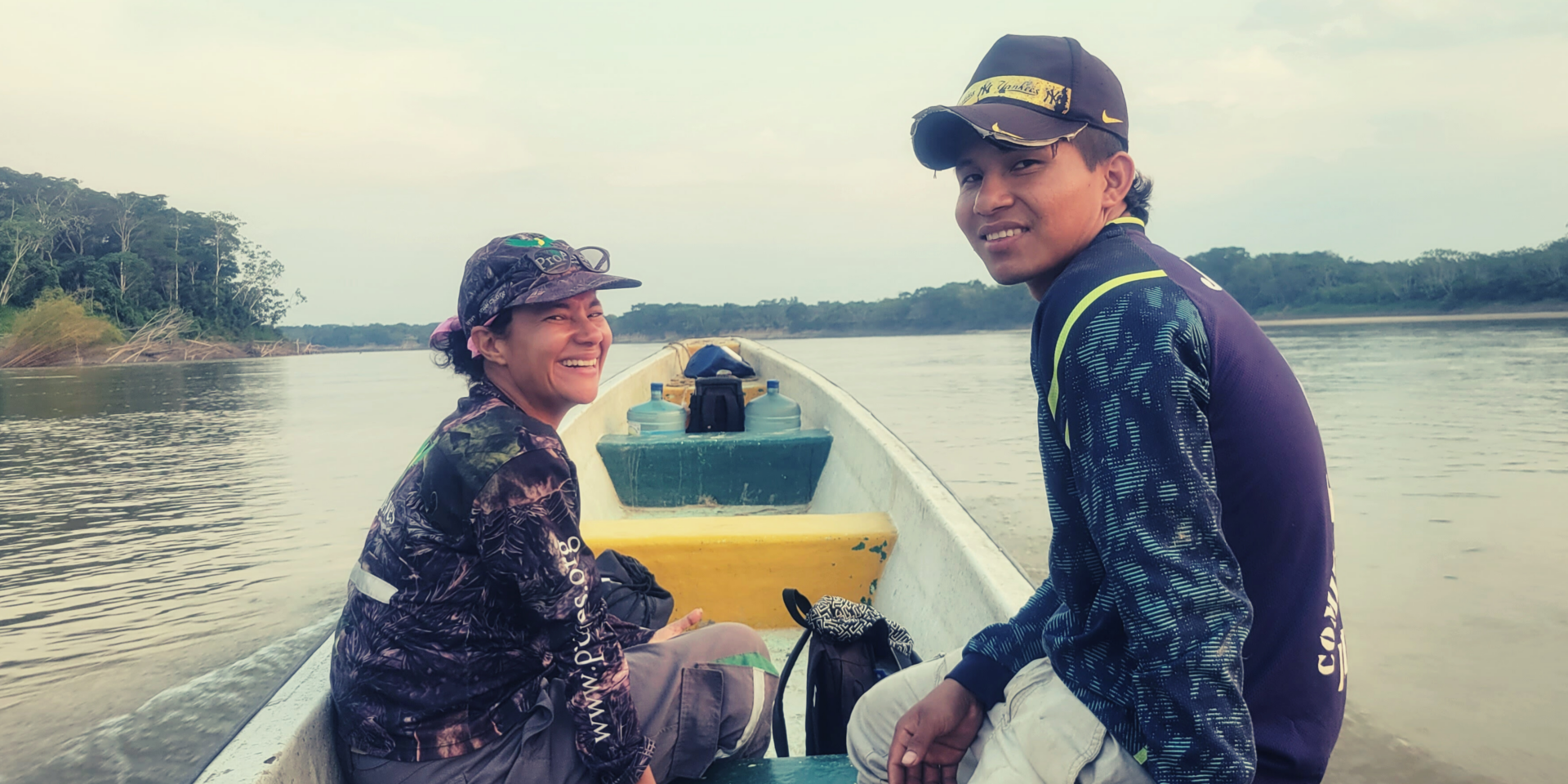
Now in its third year, the Page Turners Book Club is a forum for members and supporters to discuss publications that navigate population dynamics, sustainable development, and environmental issues.
We hosted four lively discussions in 2023, fostering connections between over 250 individuals who share our enthusiasm for enlightening reads. It’s truly an honor to engage in meaningful conversations with our passionate supporters who share our commitment to population stabilization.
Join the book club!We celebrated Earth Day with virtual events that raised awareness, encouraged engaging discussions, and celebrated our magnificent planet. Over 200 supporters joined in!
First, we heard from our President, John Seager, who discussed how the rapid population growth of the last half-century has devastated communities and the natural world. We also hosted an event with Dr. Gladys Kalema-Zikusoka, Founder and President of Conservation Through Public Health, our earliest Global Partner. Dr. Gladys is the author of Walking with Gorillas: The Journey of an African Wildlife Vet.
Earth Day event recordingsIn 2023, 19 dedicated members worked to raise awareness of population issues in their communities. Some members got back to tabling at local Earth Day events for the first time since Covid. Others distributed copies of our quarterly magazine at businesses, libraries, and community centers around their neighborhoods. Our small but mighty group of volunteers were spread across 11 cities in eight states!
Learn about volunteering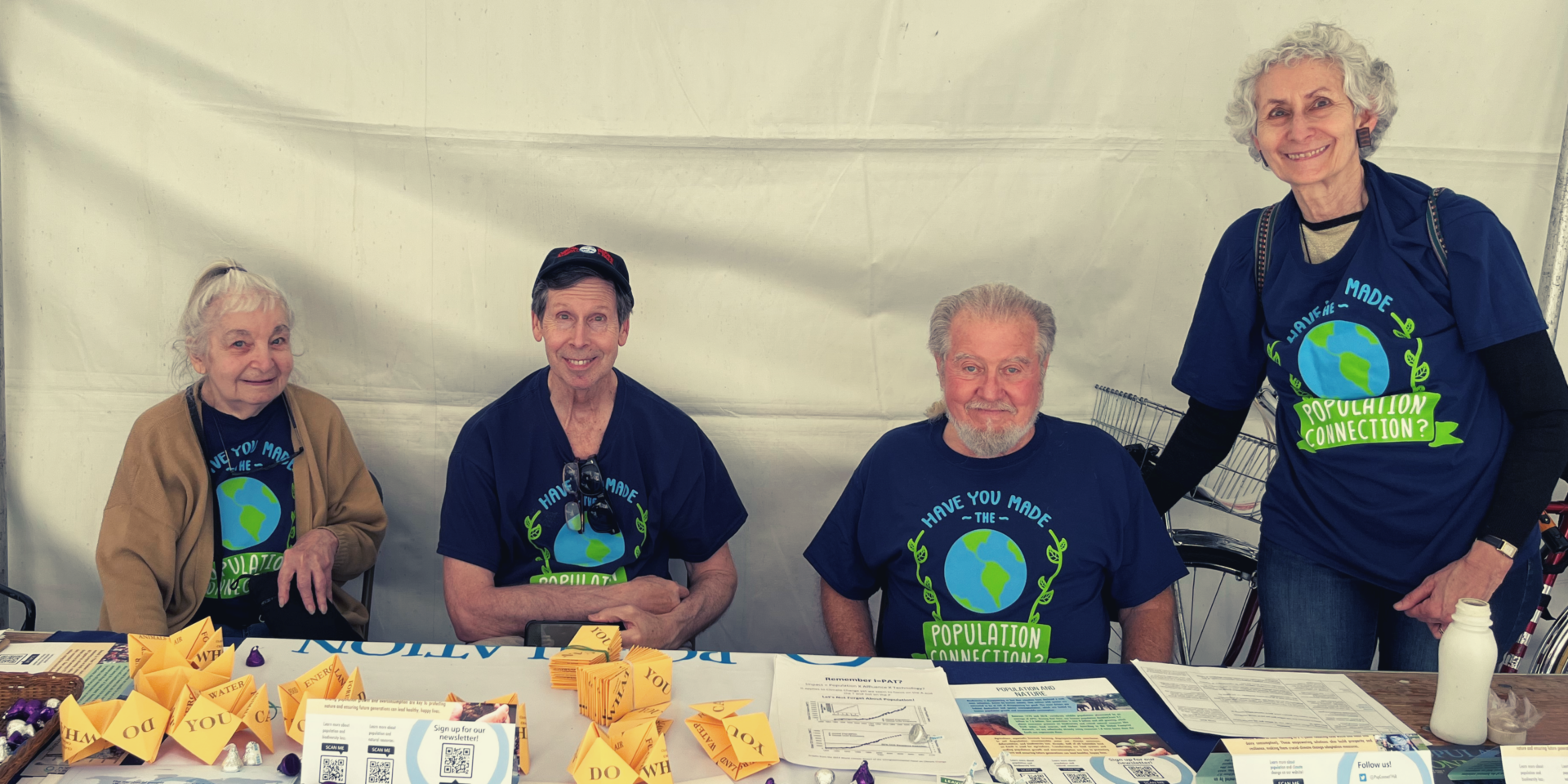
We were thrilled to host our second annual Summer Photo Contest, and we are proud of the artistic talent our members possess! Participants from across the country contributed images showcasing the natural landscapes, diverse cultures, and wildlife that fuel their passion for working toward a sustainable future. We received over 100 entries, with winning photographs earning a featured spot in our September issue of Population Connection magazine.
Browse some of the winners below!
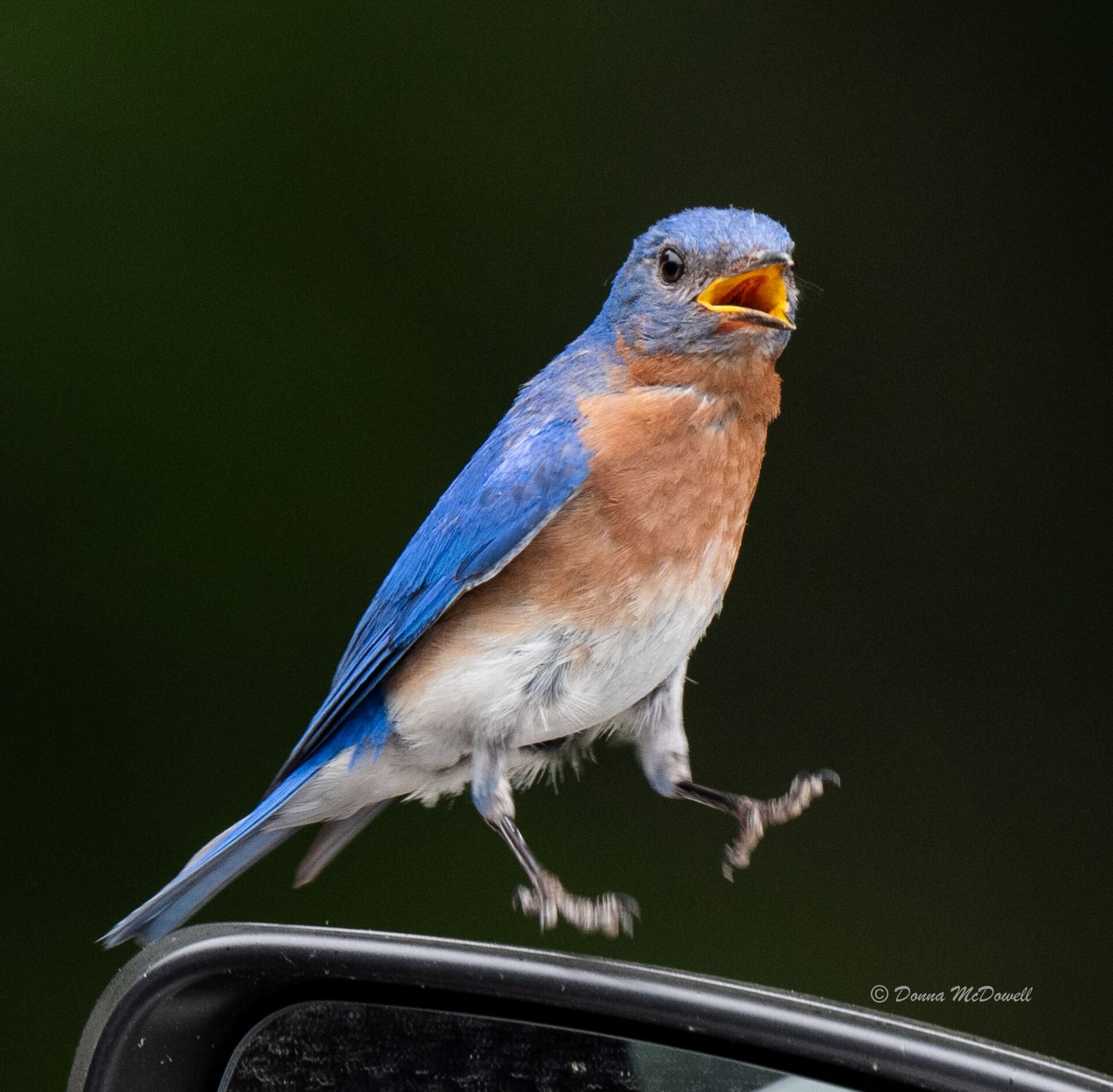 This guy greets me every day when I go to get my mail on the main road. He seems interested in his reflection in my car mirrors but also likes the mealworms I feed him. Submitted By: Donna McDowell
This guy greets me every day when I go to get my mail on the main road. He seems interested in his reflection in my car mirrors but also likes the mealworms I feed him. Submitted By: Donna McDowell  This is a macro shot of algae and oxygen bubbles. I had not cleaned by bird bath for a while, and this was the result. A good example of what happens on a larger scale in our ponds. Submitted By: Donna McDowell
This is a macro shot of algae and oxygen bubbles. I had not cleaned by bird bath for a while, and this was the result. A good example of what happens on a larger scale in our ponds. Submitted By: Donna McDowell  Tiger’s Nest in Bhutan Submitted By: Charles Forslund
Tiger’s Nest in Bhutan Submitted By: Charles Forslund  Plantings after an afternoon shower in front of a Washington, DC townhouse
Plantings after an afternoon shower in front of a Washington, DC townhouse  The beauty of rocks reflecting in the water at Fish Creek Trail, Glacier National Park. Submitted By: Catherine Knoop
The beauty of rocks reflecting in the water at Fish Creek Trail, Glacier National Park. Submitted By: Catherine Knoop  Wildflowers at San Carlos Apache Reservation in AZ Submitted By: Matthew Parker
Wildflowers at San Carlos Apache Reservation in AZ Submitted By: Matthew Parker  Yankee Stadium in 2023 Submitted By: Jane Geller
Yankee Stadium in 2023 Submitted By: Jane Geller  The Golden Rock in Myanmar Submitted By: Charles Forslund
The Golden Rock in Myanmar Submitted By: Charles Forslund  Sri Lanka Monks Submitted By: Charles Forslund
Sri Lanka Monks Submitted By: Charles Forslund  Red Squirrel in Vermont Submitted By: Paul Dyer
Red Squirrel in Vermont Submitted By: Paul Dyer  Snow falls on a beautiful winter evening in Denver Submitted By: Carol Carpenter
Snow falls on a beautiful winter evening in Denver Submitted By: Carol Carpenter  Leg-rowing fisherman at Lake Inle in Myanmar Submitted By: Charles Forslund
Leg-rowing fisherman at Lake Inle in Myanmar Submitted By: Charles Forslund  Window view from inside Rock House, Rock House State Park, Hocking County, OH Submitted By: Catherine Knoop
Window view from inside Rock House, Rock House State Park, Hocking County, OH Submitted By: Catherine Knoop  Red Ginger blooming in Barrio Menga, Santiago de Cali, Valle del Cauca Submitted By: Matthew Parker
Red Ginger blooming in Barrio Menga, Santiago de Cali, Valle del Cauca Submitted By: Matthew Parker 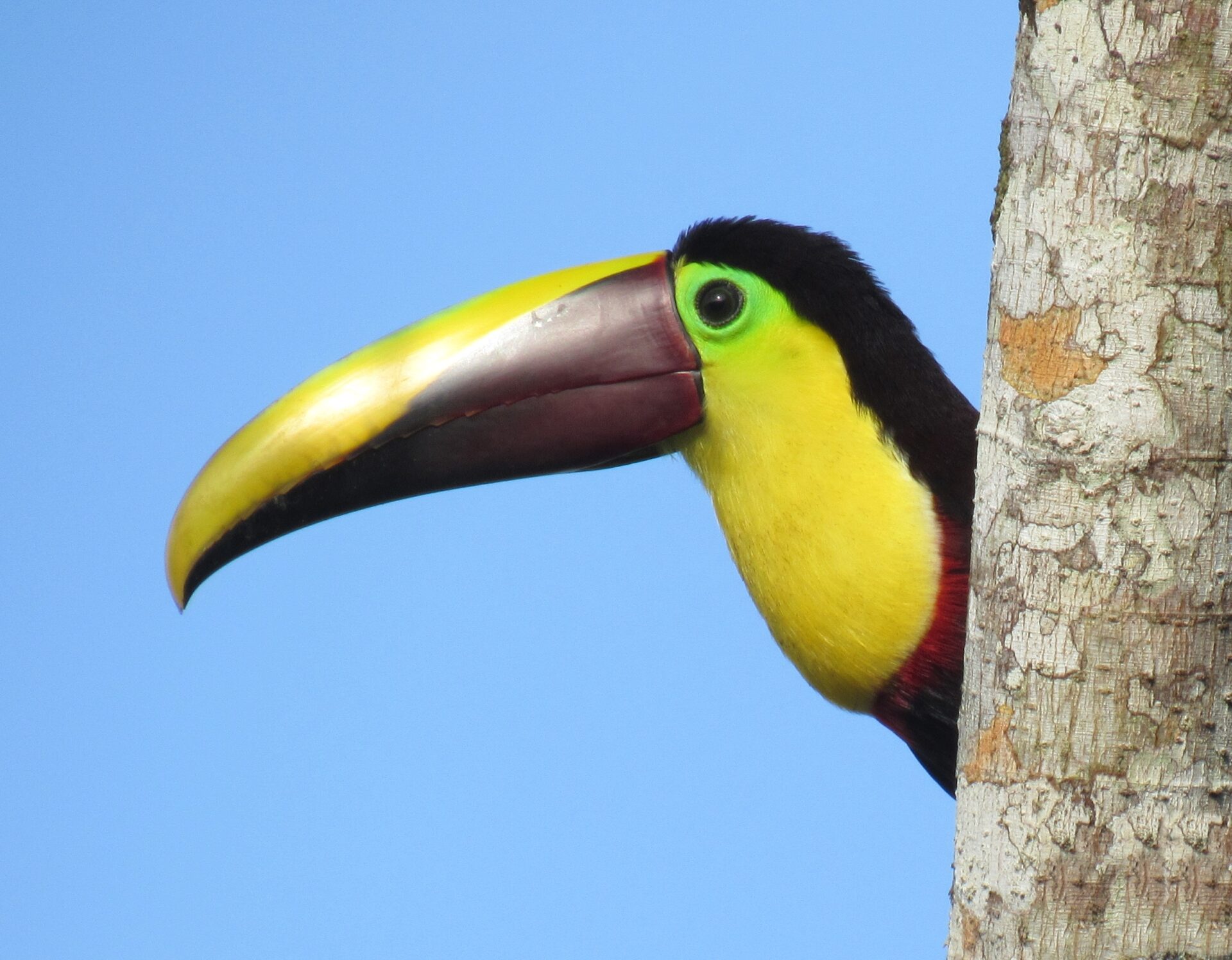 Ramphastos brevis, or Toucan in Pedro Vicente Maldonado, Ecuador Submitted By: Rodrigo Vidal
Ramphastos brevis, or Toucan in Pedro Vicente Maldonado, Ecuador Submitted By: Rodrigo Vidal  Painted Lady, Pinaleño Mountains in AZ Submitted By: Matthew Parker
Painted Lady, Pinaleño Mountains in AZ Submitted By: Matthew Parker  Gray Whale Cove State Beach, Half Moon Bay, CA Submitted By: Matthew Parker
Gray Whale Cove State Beach, Half Moon Bay, CA Submitted By: Matthew Parker  I had been shootings photos of Monarchs in my yard when I saw this one on one of my milkweed pods. I was overjoyed to see that the Monarch was standing over a Monarch caterpillar! Submitted By: Donna McDowell
I had been shootings photos of Monarchs in my yard when I saw this one on one of my milkweed pods. I was overjoyed to see that the Monarch was standing over a Monarch caterpillar! Submitted By: Donna McDowell  I saw these two Mourning Doves on our fence a short distance from our deck. We have scores of different bird species here in the Montgomery County Ag Reserve Submitted By: Donna McDowell
I saw these two Mourning Doves on our fence a short distance from our deck. We have scores of different bird species here in the Montgomery County Ag Reserve Submitted By: Donna McDowell  Multicolored trees along a back road in central Vermont Submitted By: Paul Dyer
Multicolored trees along a back road in central Vermont Submitted By: Paul Dyer 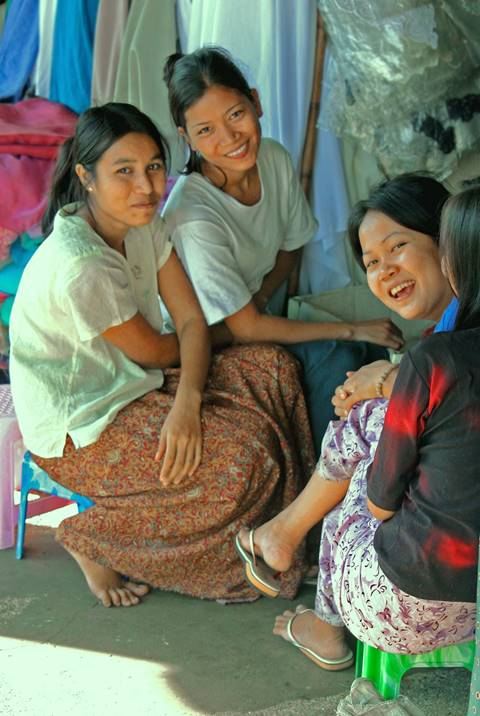 Young women of Yangon at a local festival in Myanmar Submitted By: Charles Forslund
Young women of Yangon at a local festival in Myanmar Submitted By: Charles Forslund  Working woman, Myanmar Submitted By: Charles Forslund
Working woman, Myanmar Submitted By: Charles Forslund  Baby guanaco nuzzled up to its parents in Patagonia, Chile Submitted By: Karl Leck
Baby guanaco nuzzled up to its parents in Patagonia, Chile Submitted By: Karl Leck 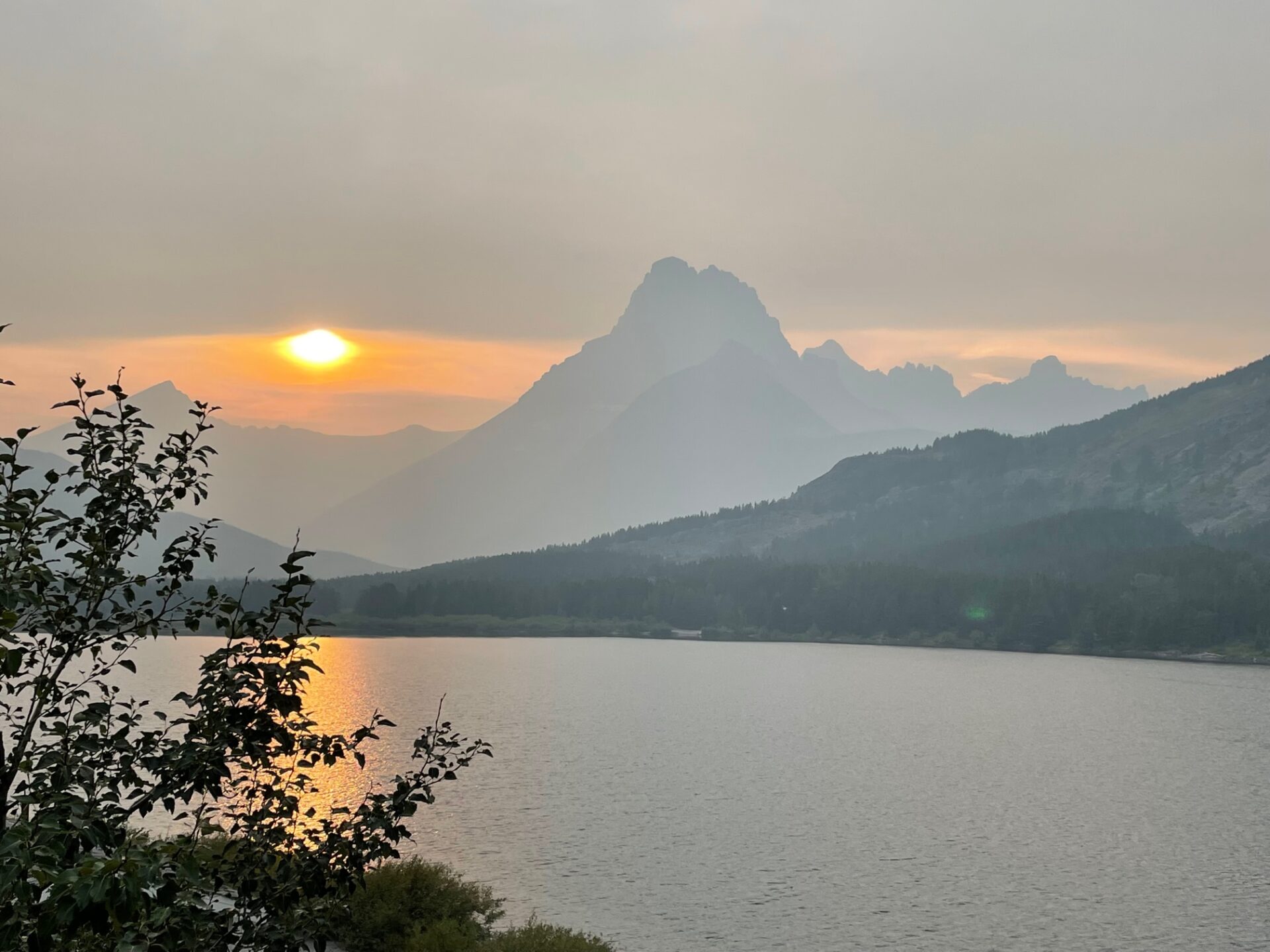 Smoke from wildfires filled the sky as the sun set in Glacier National Park Submitted By: Catherine Knoop
Smoke from wildfires filled the sky as the sun set in Glacier National Park Submitted By: Catherine Knoop 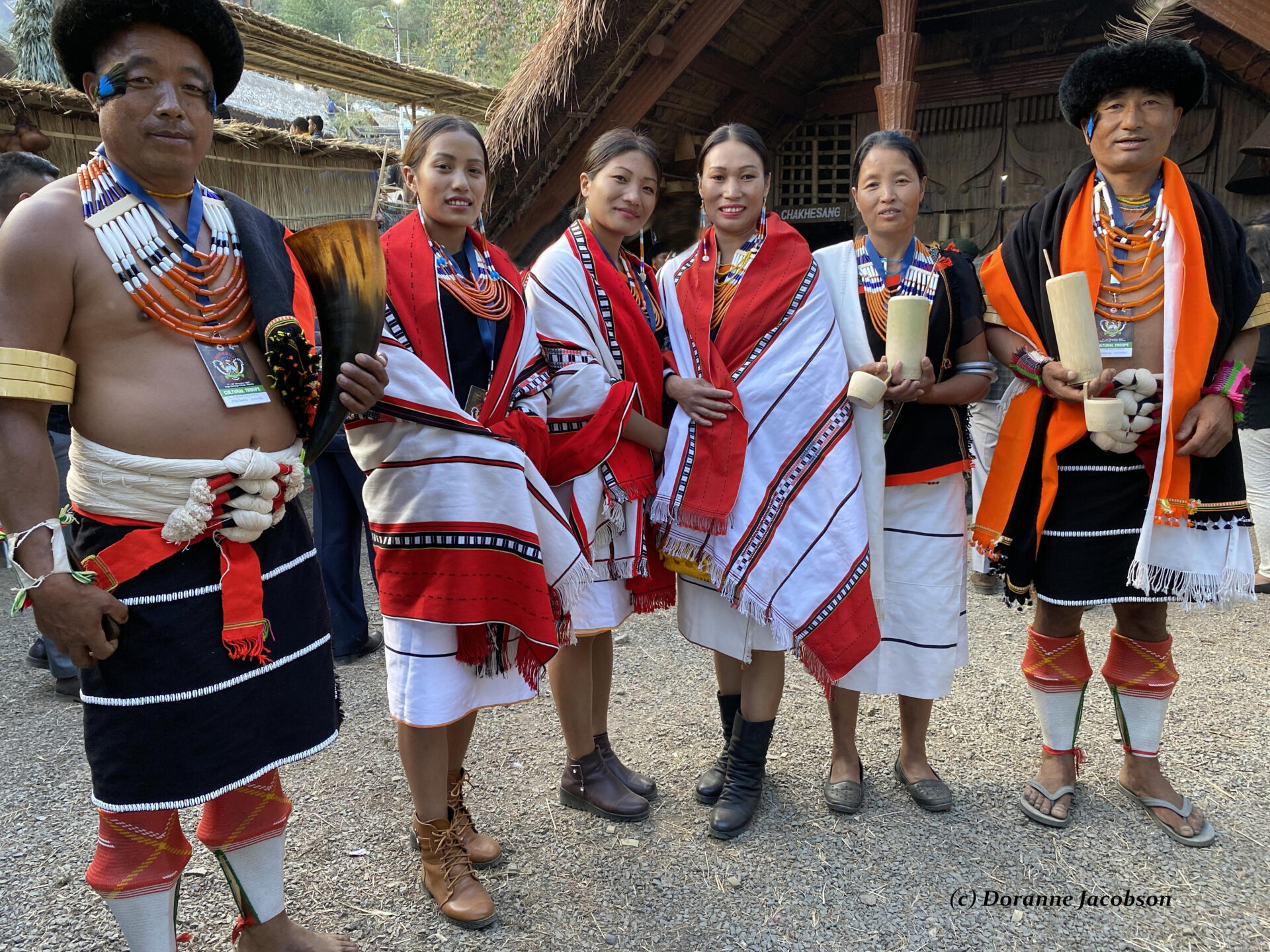 Chakhesang Naga tribespeople affirm their traditions at the Hornbill Festival Submitted By: Doranne Jacobson
Chakhesang Naga tribespeople affirm their traditions at the Hornbill Festival Submitted By: Doranne Jacobson  Historic Clinton’s Soda Fountain in Independence, Missouri Submitted By: Jane Geller
Historic Clinton’s Soda Fountain in Independence, Missouri Submitted By: Jane Geller  Mother fox and her kit Submitted By: Cyndee Sharpe
Mother fox and her kit Submitted By: Cyndee Sharpe  Luang Prabang – A Buddhist temple (Haw Pha Bang) at the Royal Palace in Laos Submitted By: Charles Forslund
Luang Prabang – A Buddhist temple (Haw Pha Bang) at the Royal Palace in Laos Submitted By: Charles Forslund  Hoh Rain Forest, Olympic National Parker Submitted By: Matthew Parker
Hoh Rain Forest, Olympic National Parker Submitted By: Matthew Parker  A Bighorn Sheep checking out hikers in Glacier National Park Submitted By: Catherine Knoop
A Bighorn Sheep checking out hikers in Glacier National Park Submitted By: Catherine Knoop 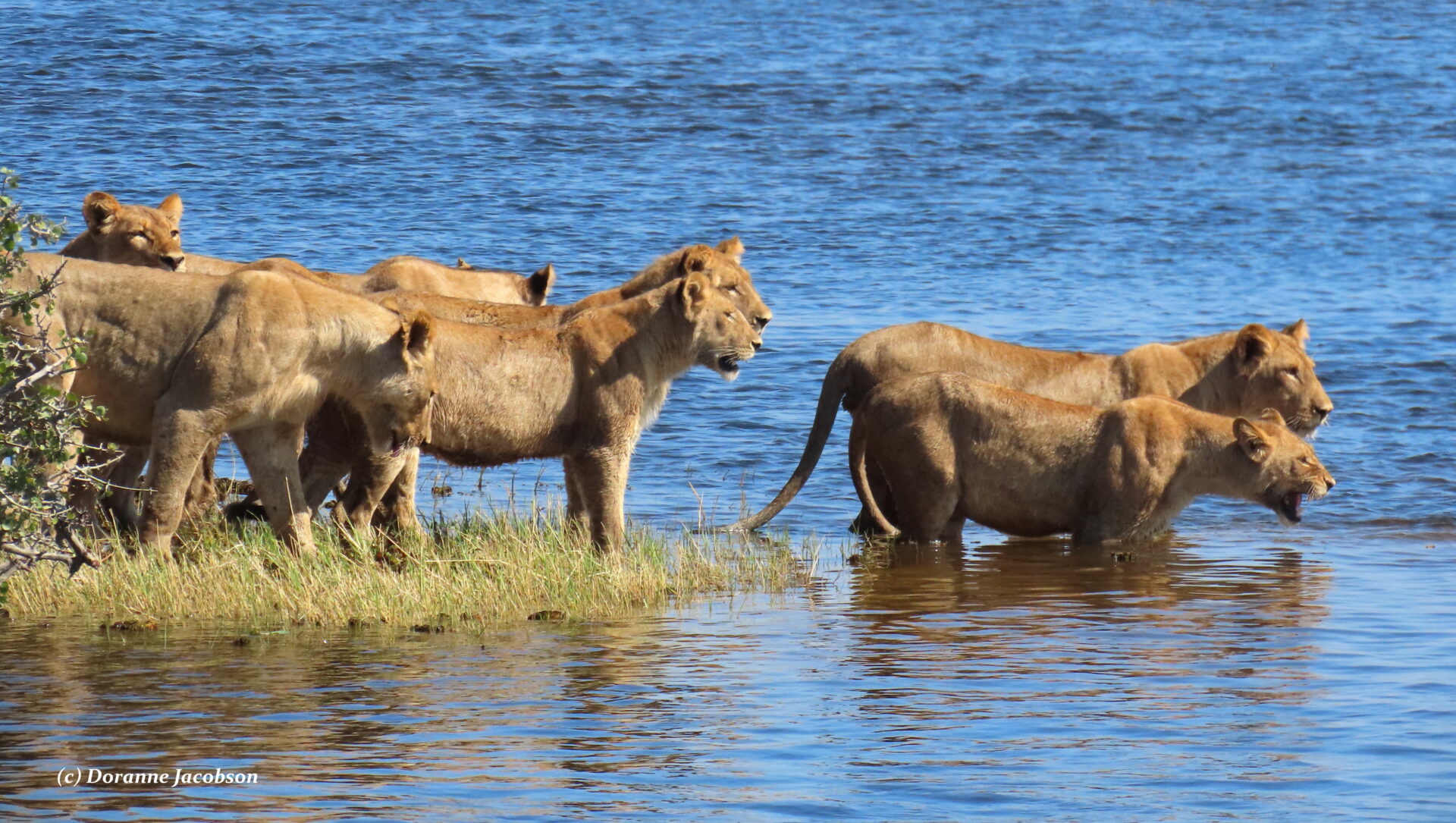 Cautious lions wary of crocodiles hesitate before crossing a shallow river to join others of their pride in Chobe National Park, Botswana Submitted By: Doranne Jacobson
Cautious lions wary of crocodiles hesitate before crossing a shallow river to join others of their pride in Chobe National Park, Botswana Submitted By: Doranne Jacobson  Larva of a Spicebush Swallowtail butterfly Submitted By: Catherine Knoop
Larva of a Spicebush Swallowtail butterfly Submitted By: Catherine Knoop  A curious frog near the shore of a pond near New Hope in spring 2008 Submitted By: Karl Leck
A curious frog near the shore of a pond near New Hope in spring 2008 Submitted By: Karl Leck 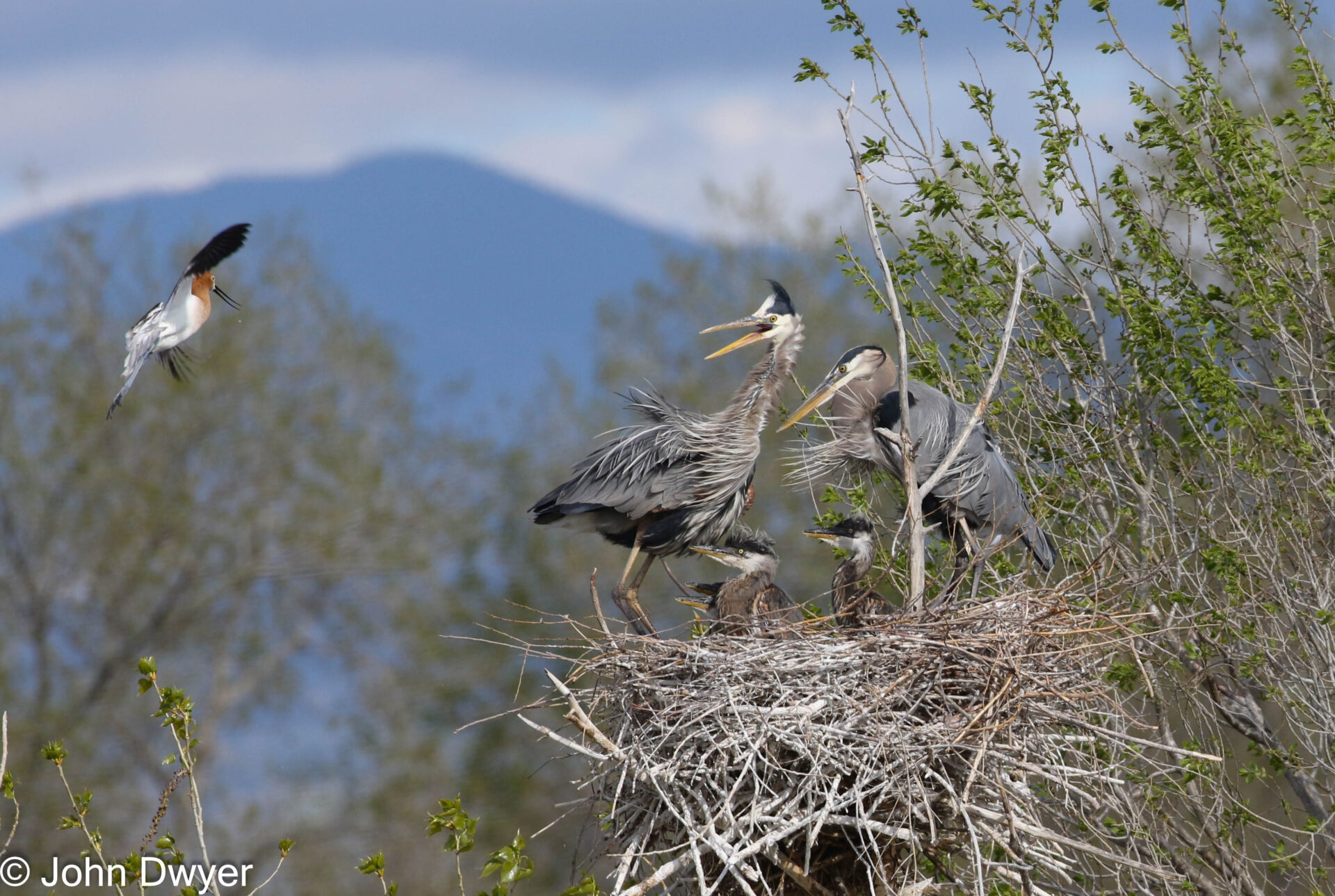 Great Blue Heron nest in Colorado Submitted By: John Dwyer
Great Blue Heron nest in Colorado Submitted By: John Dwyer  A Galápagos sea lion (Zalophus wollebaeki) photographed in 2009 Submitted By: Jane Robbins
A Galápagos sea lion (Zalophus wollebaeki) photographed in 2009 Submitted By: Jane Robbins  Water fountain with the Roman Goddess of vineyards and orchards in
Missouri Submitted By: Jane Geller
Water fountain with the Roman Goddess of vineyards and orchards in
Missouri Submitted By: Jane Geller  Dawn looking across the Ganges from the Ghats at Varanasi Submitted By: Charles Forslund
Dawn looking across the Ganges from the Ghats at Varanasi Submitted By: Charles Forslund  We were driving the loop at Blackwater National Wildlife Refuge when we saw an Eagle perched on a landing provided by Blackwater National Wildlife Refuge Submitted By: Donna McDowell
We were driving the loop at Blackwater National Wildlife Refuge when we saw an Eagle perched on a landing provided by Blackwater National Wildlife Refuge Submitted By: Donna McDowell 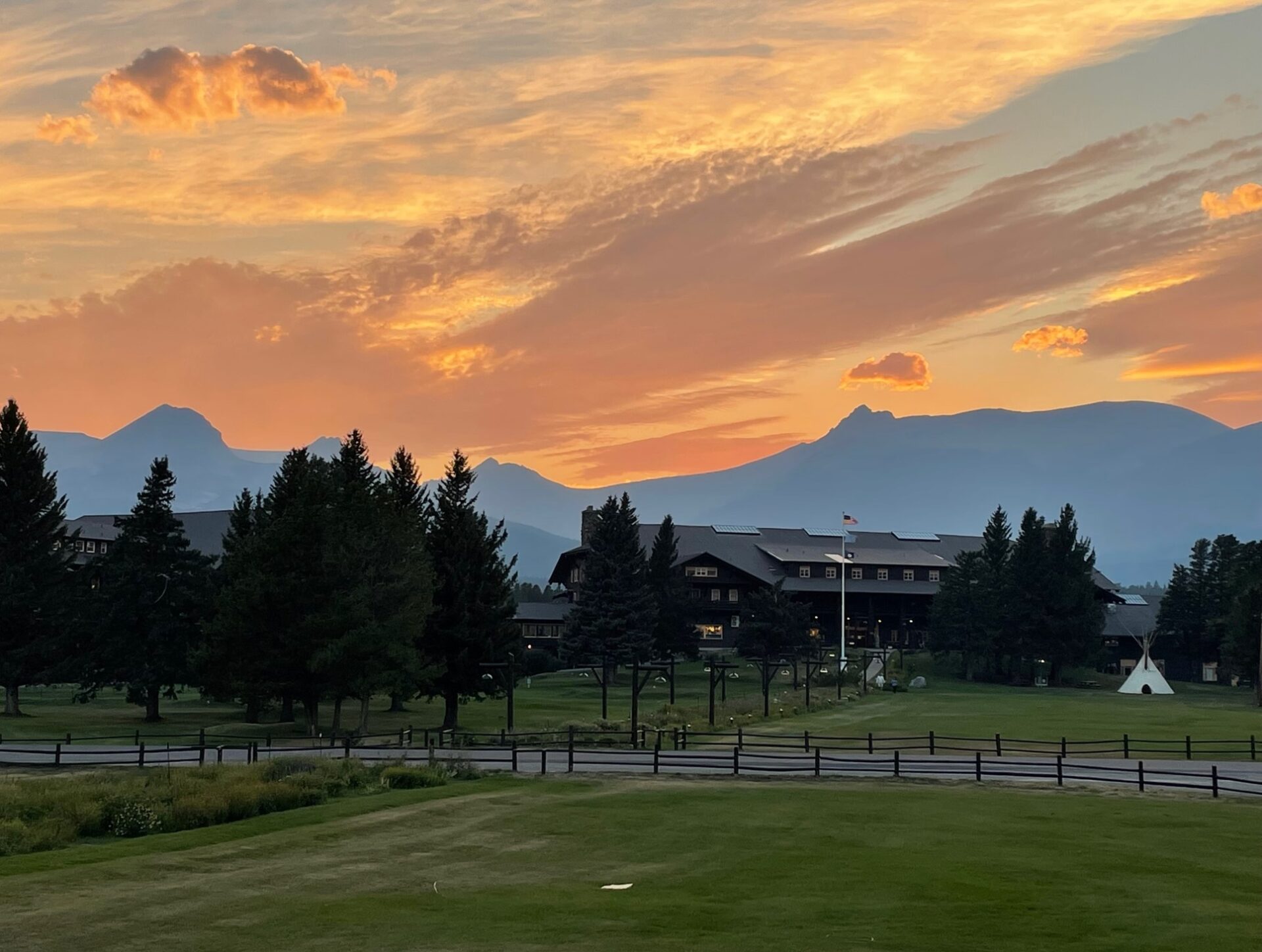 Sunset over the Glacier National Park Lodge Submitted By: Catherine Knoop
Sunset over the Glacier National Park Lodge Submitted By: Catherine Knoop  Sugar Maple in autumn Submitted By: Paul Dyer
Sugar Maple in autumn Submitted By: Paul Dyer  Cape Town, South Africa Submitted By: Charles Forslund
Cape Town, South Africa Submitted By: Charles Forslund  Women dressed for a tsechu (festival) in Thimphu, Bhutan Submitted By: Charles Forslund
Women dressed for a tsechu (festival) in Thimphu, Bhutan Submitted By: Charles Forslund 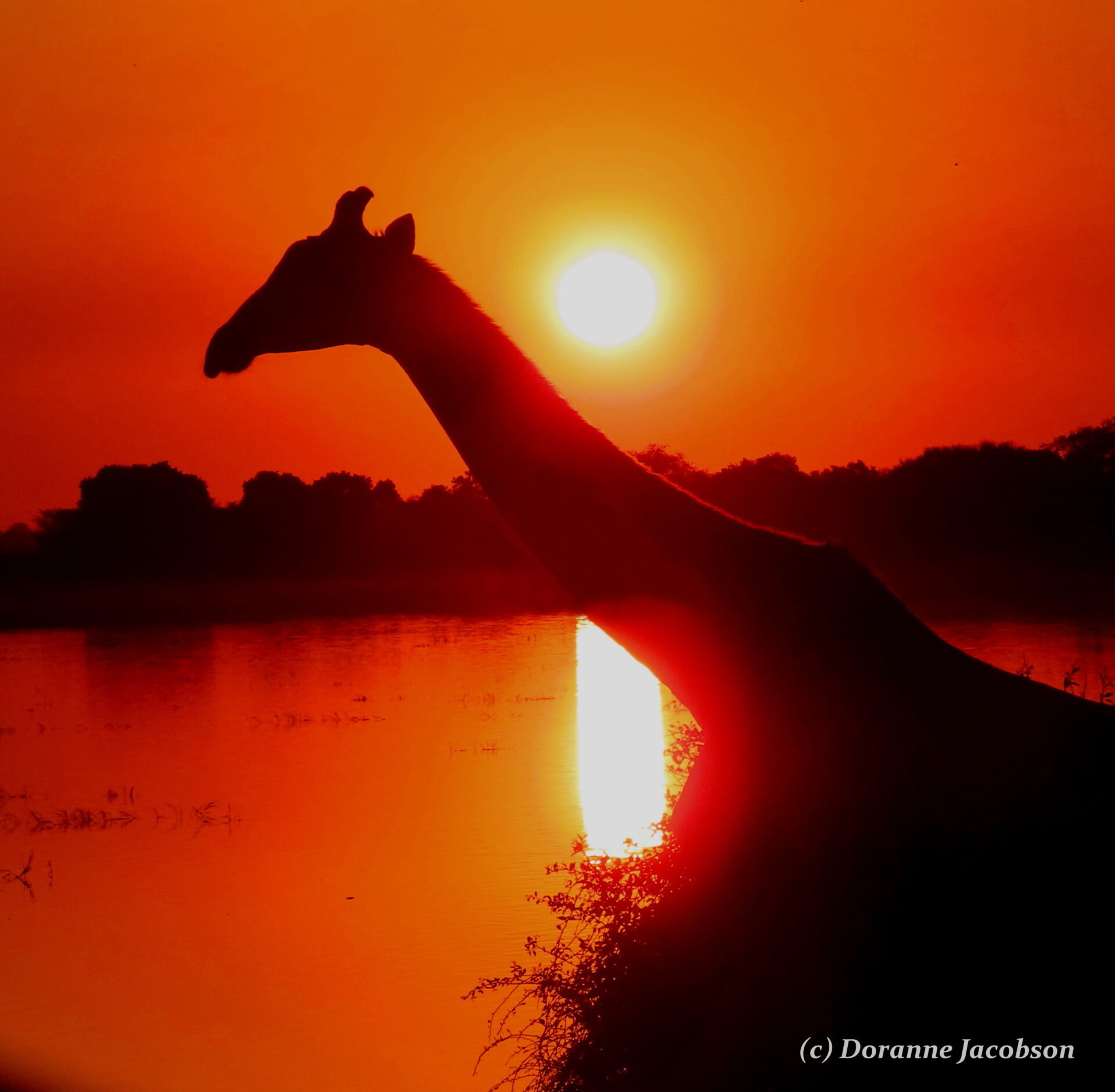 A graceful giraffe silhouetted against the setting sun in a scene of peace and natural beauty, Chobe National Park, Botswana Submitted By: Doranne Jacobson
A graceful giraffe silhouetted against the setting sun in a scene of peace and natural beauty, Chobe National Park, Botswana Submitted By: Doranne Jacobson  Two male Chinstrap penguins sky point and sing out on the Antarctic Peninsula Submitted By: Karl Leck
Two male Chinstrap penguins sky point and sing out on the Antarctic Peninsula Submitted By: Karl Leck  Bhutan Monk at prayer wheels Submitted By: Charles Forslund
Bhutan Monk at prayer wheels Submitted By: Charles Forslund  Beachside in Belize Submitted By: Jane Geller
Beachside in Belize Submitted By: Jane Geller 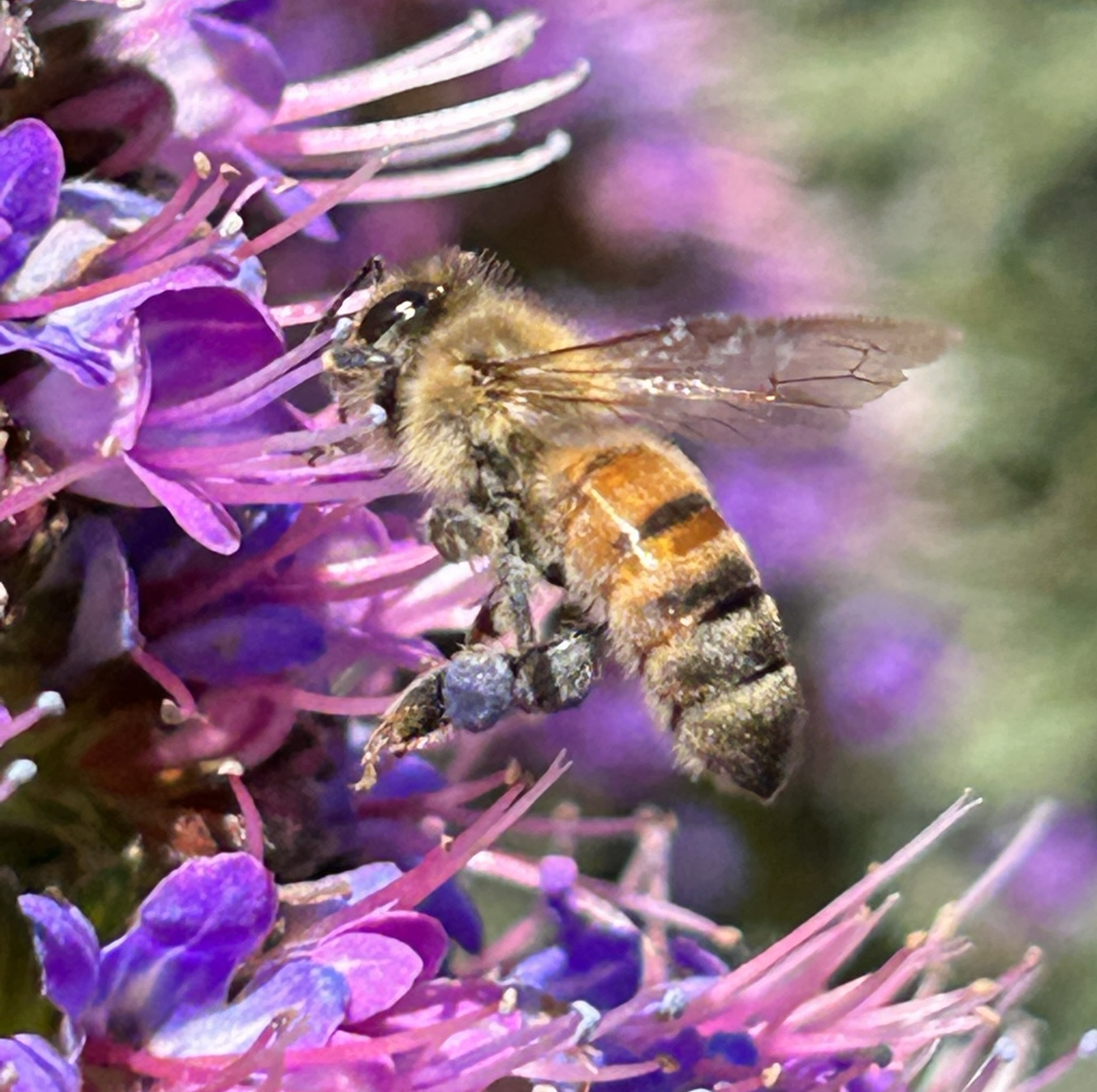 Bees busy in the neighborhood of Diamond Heights in San Francisco Submitted By: Matthew Parker
Bees busy in the neighborhood of Diamond Heights in San Francisco Submitted By: Matthew Parker  A Grizzly getting his morning breakfast of berries in Glacier National Park Submitted By: Catherine Knoop
A Grizzly getting his morning breakfast of berries in Glacier National Park Submitted By: Catherine Knoop  A Colombian Ground Squirrel surveying his territory on Hidden Lake Trail, Glacier National Park Submitted By: Catherine Knoop
A Colombian Ground Squirrel surveying his territory on Hidden Lake Trail, Glacier National Park Submitted By: Catherine Knoop 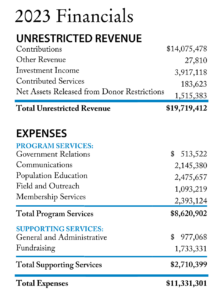
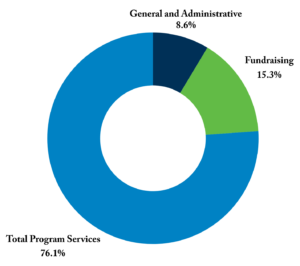
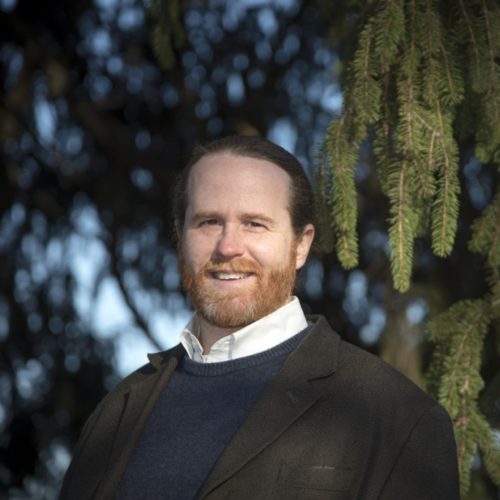
Aaron S. Allen, PhD
Director of the Environmental & Sustainability Program, University of North Carolina at Greensboro

Aaron Dannenberg, JD, MBA
Managing Director and Head of Private Debt Solutions at Nomura Securities International
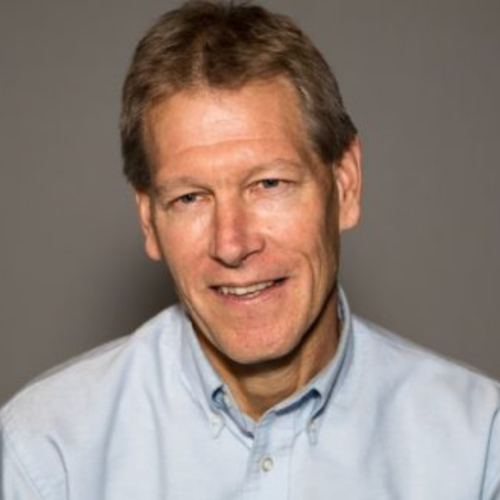
Mark Hathaway, MD, MPH (Secretary)
Director, Family Planning Services, Unity Health Care, Inc., & Sr. Technical Advisor for Reproductive Health, Jhpiego
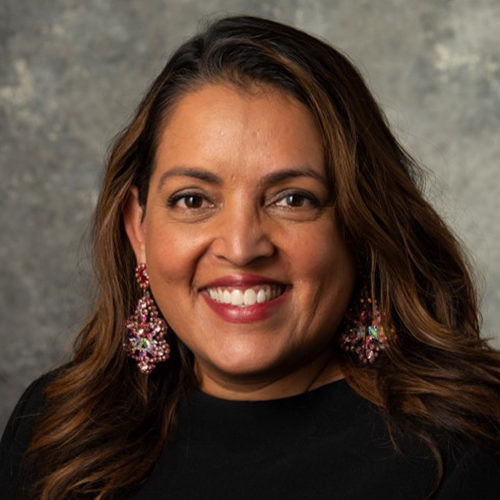
Seema Mohapatra, JD, MPH
M.D. Anderson Foundation Endowed Professor in Health Law, SMU Dedman School of Law

Estelle M. Raboni, MPH, MCHES (ex officio)
Director, Sexual & Reproductive Health, Bureau of Maternal, Infant & Reproductive Health NYC Dept. of Health & Mental Hygiene
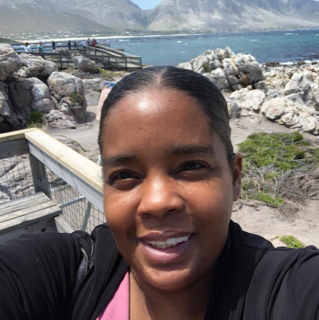
Heather Smith, DMgt, MBA, MSM
Foreign Service Population, Health, and Nutrition Officer, U.S. Agency for International Development